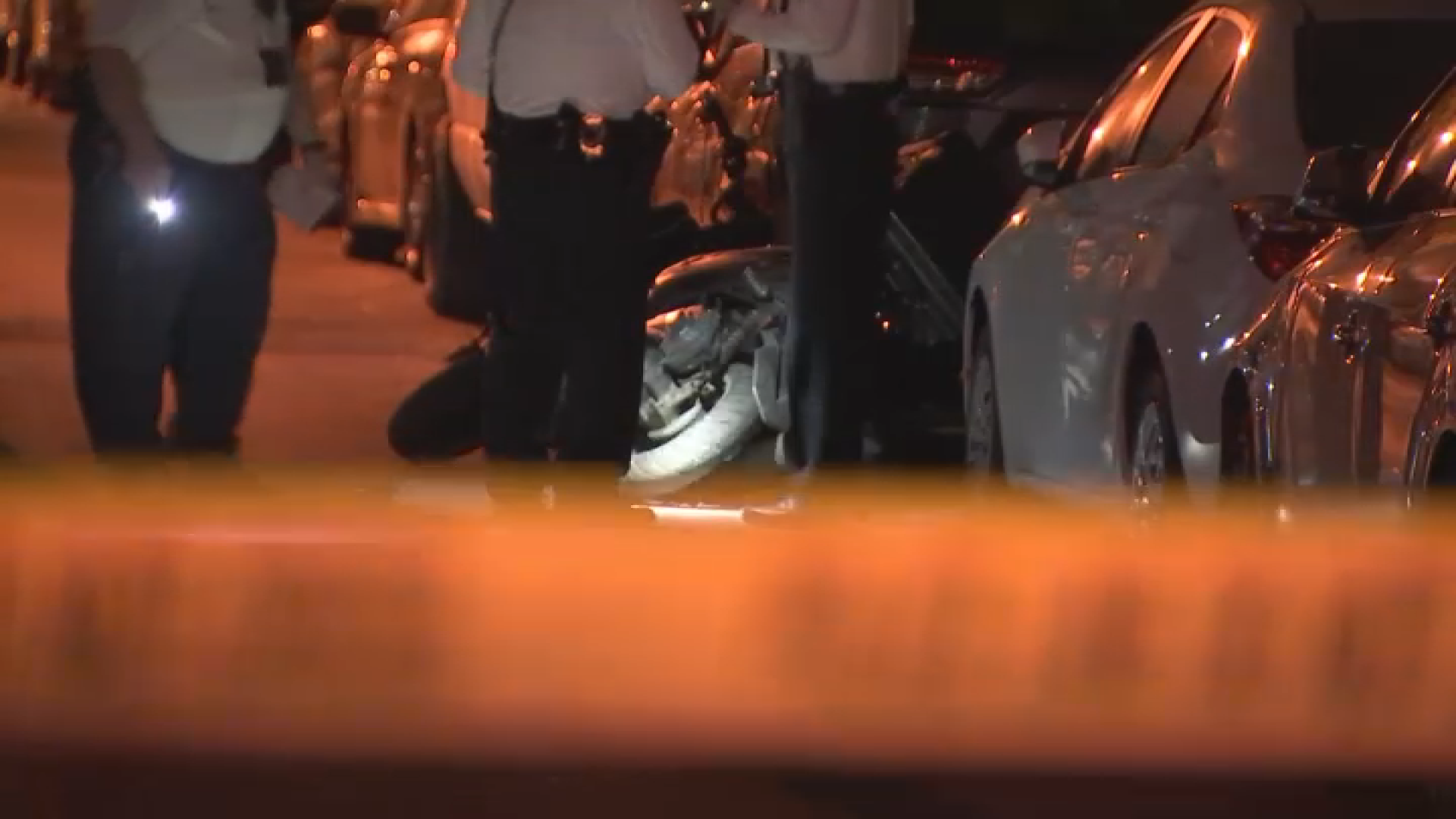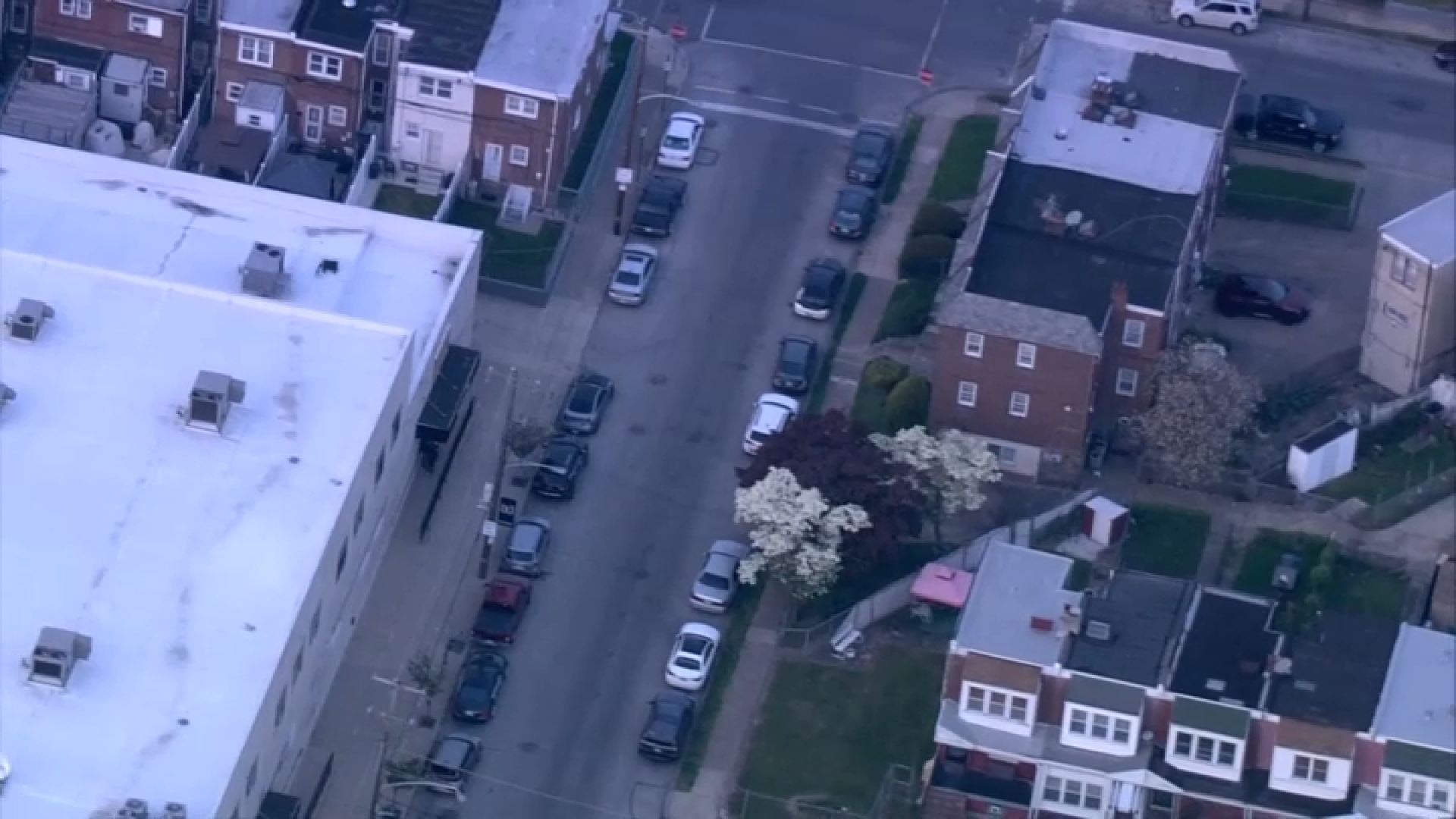Anesthesia given to a woman during an abortion at Dr. Kermit Gosnell's clinic may have killed her. That's the opinion of expert witness and anesthesiologist Dr. Andrew Herlich.
Herlich spent most of the day answering questions for attorneys during day four of the murder trial of the Philadelphia abortion doctor and one of his assistants.
Gosnell, 72, is accused of snipping the spinal cords of seven babies, killing them. He also faces third-degree murder charges in the 2009 death of Karnamaya Mongar.
Prosecutors say Mongar, an immigrant from Bhutan who spoke little English, was given a dose of drugs that could have exacerbated an underlying heart condition.
The petite 41-year-old was given a drug cocktail that included 75 mg of Demerol. Herlich testified Demerol is "no longer in favor" because of documented complications.
He also said the dosage given "really exceeded the norm." The anesthesiologist says if he were to give a patient Demerol, he would only give 5-10 mg at a time. Prosecutors say Mongar was given the entire dosage at once.
"She would have stopped breathing," Herlich said when asked what would happen to a person given that dosage at once.
Local
Breaking news and the stories that matter to your neighborhood.
Prosecutors say Gosnell let patients choose, for a price, the amount of anesthesia they wanted. They were broken down into four categories -- local, heavy, twilight and custom. Herlich called the practice "reprehensible."
Mongar received a custom dosage of anesthesia, according to prosecutors. The drug cocktail included Demerol, but also 12.5 mg of Promethazine and 10 mg of Diazepam.
Herlich told the court most patients would not be responsive after receiving those dosages -- especially if they were administered at once.
The expert also testified doctors have a 10 minute window to respond when a patient has anesthesia complications. After that time period, he says "patient recovery is close to zero.”
Prosecutors also showed jurors photos of a medical supply kit that was supposed to be used after a patient is given anesthesia. Most of the medicine expired in 2007.
During cross-examination, Gosnell's defense attorney Jack McMahon showed documents from Mongar's visit to the West Philadelphia clinic. They did not list any allergies, whether she was taking medication or prior heart or lung conditions.
An autopsy found Mongar had several heart and lung issues and several drugs in her system. Some of the drugs, McMahon says, were given to the woman after was taken from the clinic to the hospital.
Mongar spent 20 years in refugee camps before arriving in the U.S. four months before she died. She went to the clinic with her adult daughter who did not speak much English.
Mongar's husband, who worked on a chicken farm in western Virginia, and three children have filed a wrongful-death suit against Gosnell, the city of Philadelphia and others.
"I have personally been devastated and demoralized by this catastrophic event," Gosnell wrote state health officials after the patient's death. "Our staff, in addition, has been severely affected."
Gosnell faces the death penalty if convicted in the crimes. The trial will resume Monday with more expert witness testimony.



